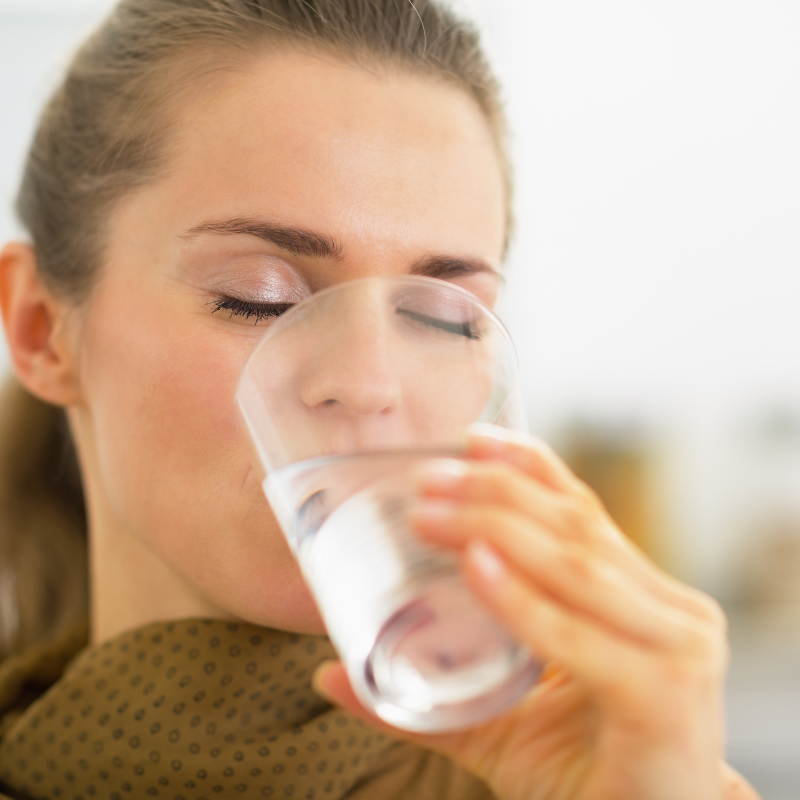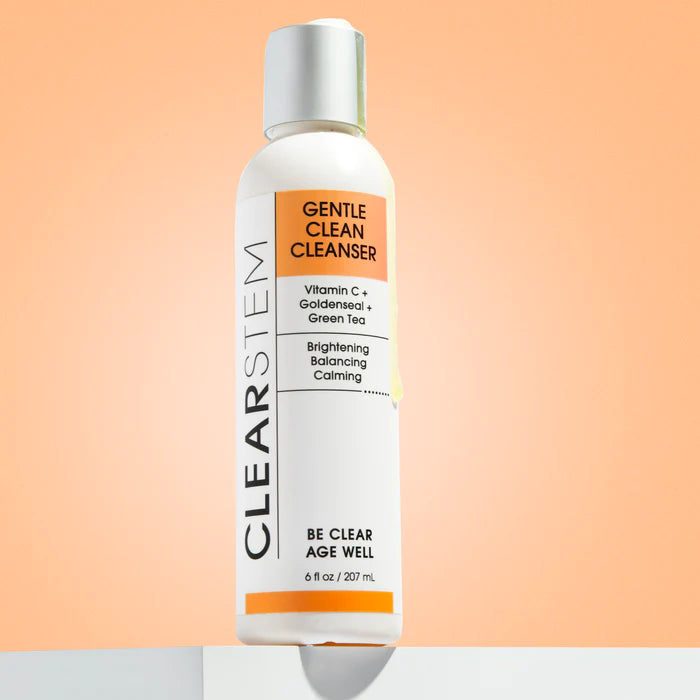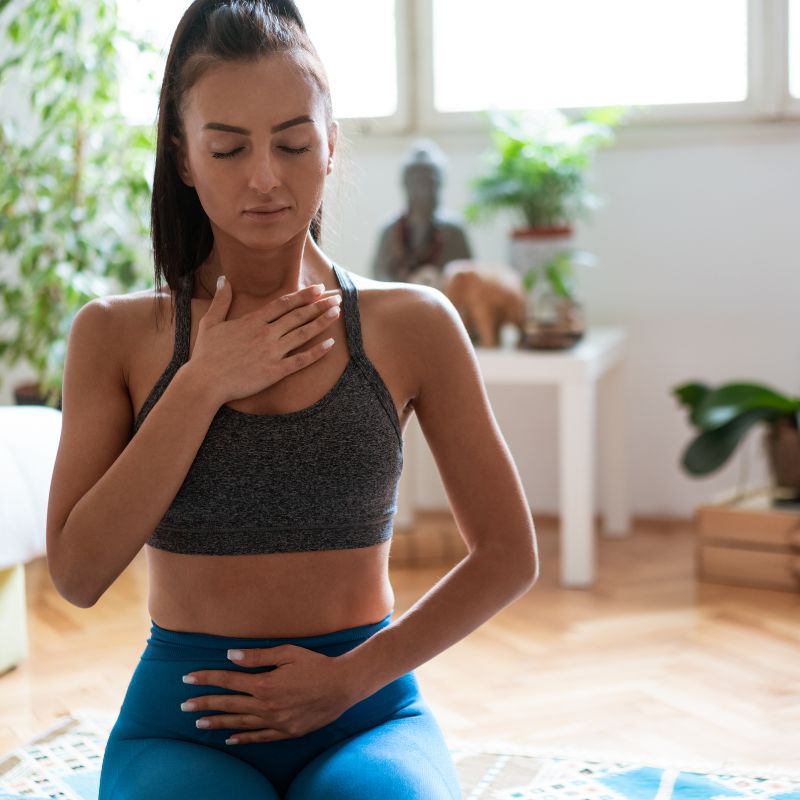You might not know all the different types of acne offhand, but you know the annoying bumps on your face when you see them. Whether they're big, red, and angry, or small and practically undetectable, if your breakouts bother you, that's reason enough to address them. The only problem? Treating acne and all the pesky pimples that come with it, is a little easier said than done.
If you have acne-prone skin, skincare options, "solutions," and suggestions can feel endless and overwhelming—but caring for your skin doesn't have to be.
To help navigate the best products, tips, and routines for treating acne-prone skin, we spoke to two top dermatologists for their expert advice. First we must understand what it is.
What is Acne?
By definition, Johns Hopkins defines acne as a quite common skin condition that's a "disorder of the hair follicles and oil glands (sebaceous glands). The sebaceous glands secrete oils (sebum) to keep the skin moist. When the glands get clogged, it can lead to pimples and cysts."
According to the American Academy of Dermatology (AAD), it's the most common skin condition in the United States, affecting up to 50 million Americans annually, and approximately 85% of people between the ages of 12 to 24 experience at least minor acne.
Thankfully, there are options to care for and treat even the most stubborn, severe acne. The AAD says, "Thanks to advances in treatment, virtually all acne can clear with a dermatologist’s help."
So What Exactly Causes Acne?
More than one thing, explains Brendan Camp, MD, a board-certified dermatologist at MDCS Dermatology. "Clogged pores, excessive oil production, bacteria that trigger an inflammatory response, hormonal changes, and even diet can contribute to acne formation," he says.
Because of this, he says that it is a "good idea" to develop an acne routine customized to your skin's needs. And "while there may be no one-size-fits-all regimen, building a foundational skincare routine that can be modified to suit a person’s needs is a good place to start," Camp says.
Arash Akhavan, MD, a board-certified dermatologist, FAAD, also points out that it's important to keep in mind that "not all acne treatment requires prescription products. A solid home skincare routine may be all you need to control milder acne."
When it comes to caring for acne-prone skin, consistency and routine are key, as is ensuring you're using the right, quality products.
Below are the expert's recommendations for your foundational skincare routine that you can do from home:

#1. DRINK MORE WATER
We have a lot to be thankful for and clean water that we can drink is one of them. This resource that we often take for granted does wonders for our skin. This includes removing toxins and bacteria from our skin. Thus reduces the chances of pores clogging up.
It also keeps our skin better moisturized so that it is efficient with rejuvenation and collagen production. All of this helps with acne healing and reducing inflammation.
The fact is, most people don't drink enough water a day.

#2. LIGHT IT UP
In recent years LED light therapy (not to be confused with UV Light) has been trending and will not be slowing down anytime soon due to it's effectiveness. Fortunately there is a wavelength that targets the bacteria that causes acne in the first place. Blue light therapy is a safe non invasive treatment that requires no ingredients and no subscriptions. This makes for a futuristic solution to prevent acne and can be used as often as desired. Not to mention, red light therapy is the perfect follow up to clear up to reduce your acne scars.
We did a study and compilation list of the best light therapy masks that all have blue light therapy (and more).

#3. CLEANSE DAILY
If you have acne prone skin it's best to kick off your day with an oil-free cleanser with a small dose of salicylic acid in the ingredients. You'll want to avoid brushes or anything abrasive that could cause further inflammation. This Clearstem cleanser can be used in the morning and before bed and is perfect to use before a blue light therapy session.

#4. OBSERVE DIETARY FLARE UPS
"You are what you eat" Unfortunately both food and alcohol can contribute to inflammation. So it would be wise to take note of anything you consume that seems more than "coincidental" for acne breakouts. It brings us great sorrow to say both dairy and wine are often triggers. But remember, everyone is different so you may be in the clear. However, should you see a clear pattern, you will know what to avoid on a regular basis.

#5. MINIMIZE STRESS
This one is a favorite because who wouldn't want to reduce stress and all of the hormones associated with it? Easier said than done of course but if you can take baby steps to minimize the stress in your life it can go a long way to helping your skin on it's journey to being acne free. Self care and breathing exercises are a fantastic start here.


